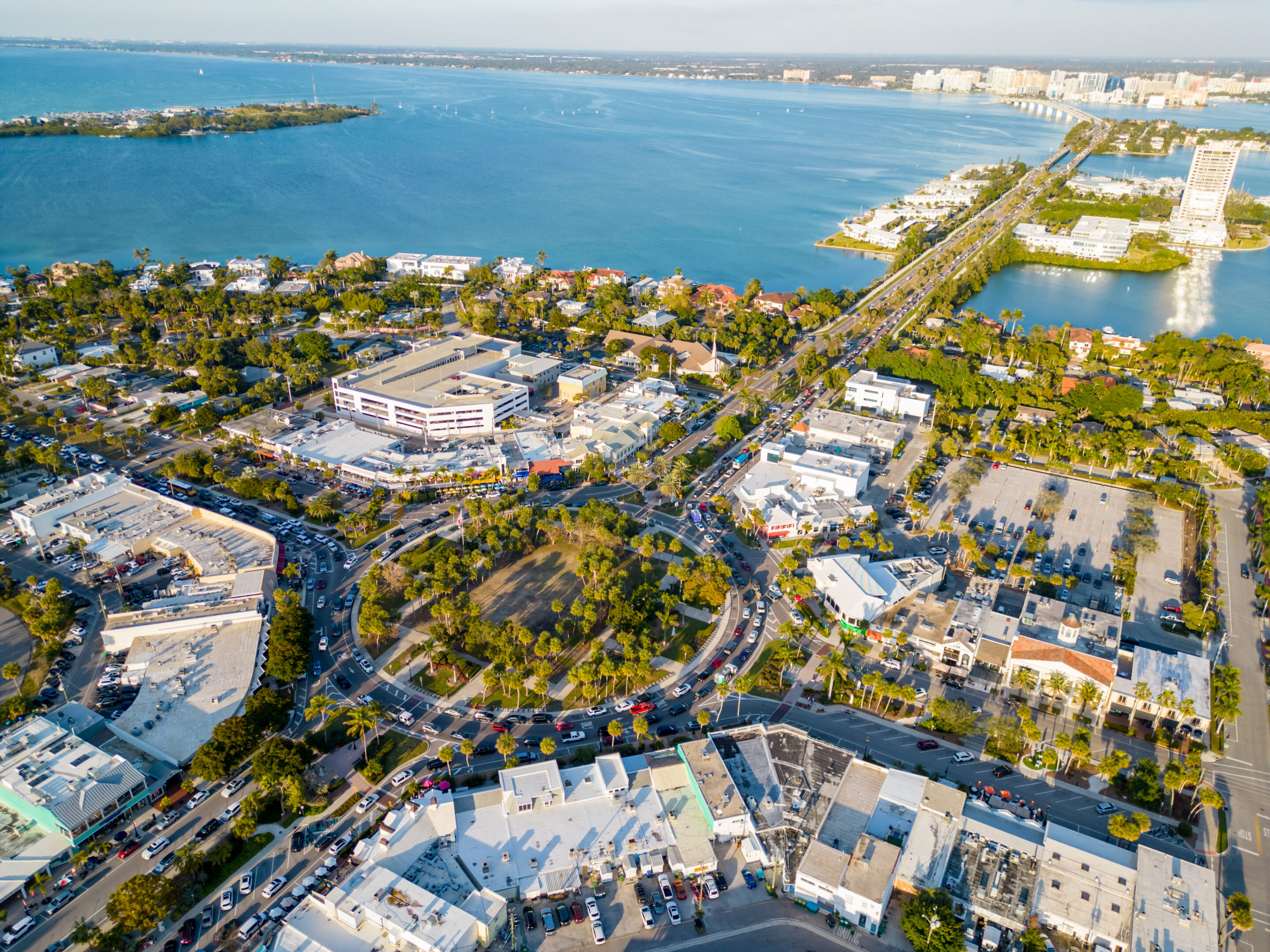Industry-Specific Regulations for Sarasota Businesses
Why Industry
Regulations Matter in Sarasota
Sarasota’s diverse economy—spanning tourism, healthcare, real estate, and more—requires businesses to comply with industry-specific regulations at local, state, and federal levels. These rules ensure safety, fairness, and quality, but they vary significantly by sector. This page explores regulations for Sarasota’s key industries, offering practical compliance strategies for Southwest Florida businesses.

Key Industries and Regulations
Tourism and Hospitality
Regulations
- Health Codes: Restaurants and hotels must pass inspections by the Florida Department of Business and Professional Regulation (DBPR).
- Liquor Licenses: Required for businesses serving alcohol, with annual renewals.
- Tourist Development Tax: 5% tax on short-term rentals (e.g., hotels, Airbnbs).
Sarasota Example
A Siesta Key hotel complies with DBPR sanitation standards.
Penalties
Fines or closure for violations.
Healthcare
Regulations
- HIPAA: Protects patient privacy, mandatory for clinics and providers.
- Licensing: Physicians and facilities require state licenses from the Florida Department of Health.
- Medicare/Medicaid: Compliance required for federal funding.
Sarasota Example
Penalties
Real Estate
Sarasota Example
Regulations
- Zoning: Dictates land use, enforced by Sarasota County and City.
- Licensing: Real estate agents must hold active Florida licenses.
- Disclosures: Sellers must disclose property defects under Florida law.
Penalties
Fines or license revocation for non-compliance.
Compliance Strategies for Sarasota Businesses
Sarasota businesses can streamline industry compliance with these strategies:
Understand Specific Rules
Benefit: Tailors compliance to your industry’s needs.
Tip: Use state agency websites for guidance.
Train Staff
Benefit: Ensures employees follow regulations, like HIPAA or safety codes.
Example: A clinic trains staff on patient privacy protocols.
Obtain Licenses Promptly
Benefit: Avoids delays or penalties.
Example: A hotel secures a liquor license before serving alcohol.
Example: Apply through DBPR or the Department of Health.
Hire Experts
Benefit: Attorneys or consultants clarify complex rules.
Example: A developer hires a zoning attorney for a new project.
Monitor Updates
Benefit: Keeps businesses compliant with changing laws.
Example: A real estate firm tracks new disclosure requirements.
Sarasota-Specific Industry Considerations
Sarasota’s economy shapes regulatory needs:
Tourism: Strict health and safety rules protect visitors, Sarasota’s economic lifeline.
Healthcare: Growth in clinics requires compliance with federal and state standards.
Real Estate: Zoning and licensing are critical in Sarasota’s booming property market.
Small Businesses: Limited resources make free state resources invaluable.

Non-compliance can be costly. For example, a Sarasota restaurant failing a health inspection might face closure, while a real estate agent operating without a license risks fines. Industry associations, like the Sarasota Realtors Association, offer training and compliance support. Sarasota’s Economic Development Corporation also provides incentives for compliant businesses in targeted sectors, fostering growth.
Challenges and Opportunities
Challenges
Complexity: Industry rules vary widely, requiring specialized knowledge.
Costs: Licensing and compliance can strain budgets.
Inspections: Frequent checks disrupt operations.
Opportunities
Credibility: Compliance builds trust with customers and regulators.
Incentives: Compliant businesses qualify for grants or tax breaks.
Growth: Adherence supports expansion in competitive sectors.
Things to Know

Sarasota’s 5% Tourist Development Tax applies to short-term rentals.
Resources
Florida Department of Business and Professional Regulation (DBPR): Hospitality licenses (www.myfloridalicense.com).
Florida Department of Health: Healthcare licensing (www.floridahealth.gov).
Sarasota County Government: Zoning and real estate regulations (www.scgov.net).
Sarasota Realtors Association: Real estate compliance (www.sarasotarealtors.com).
Sarasota Chamber of Commerce: Industry workshops (www.sarasotachamber.com).
